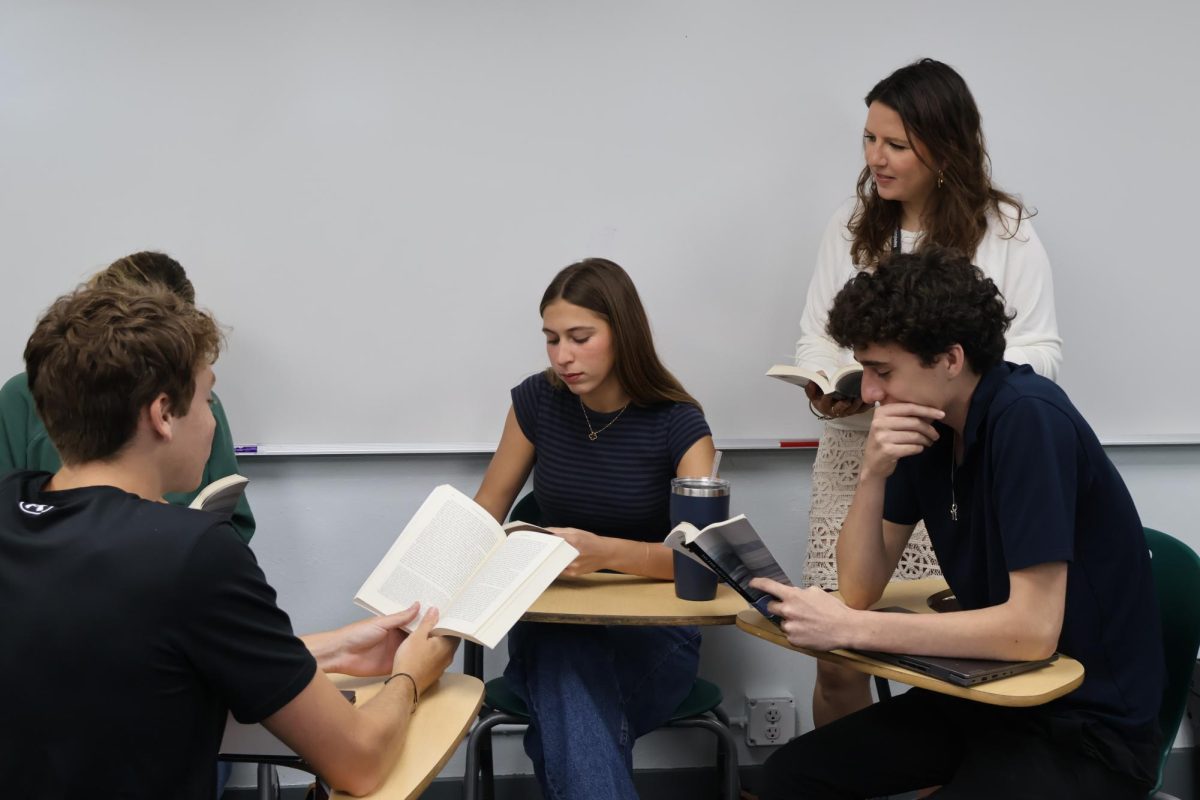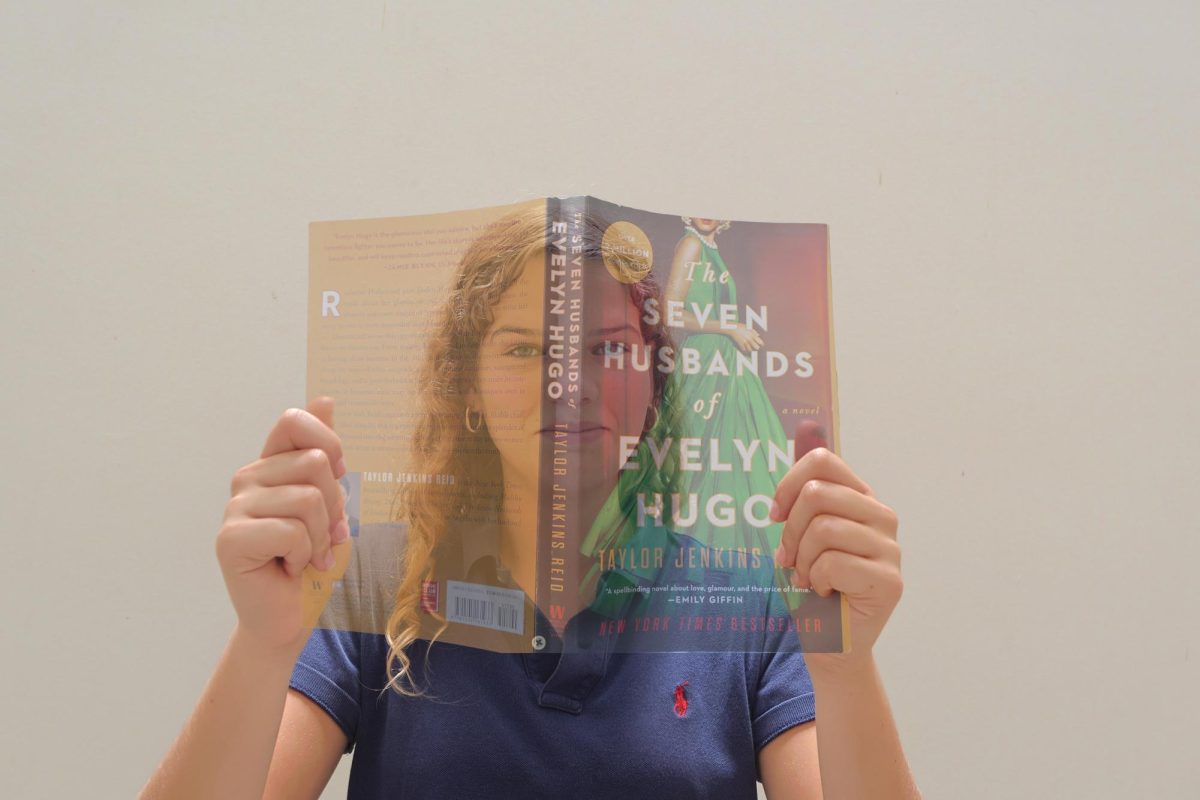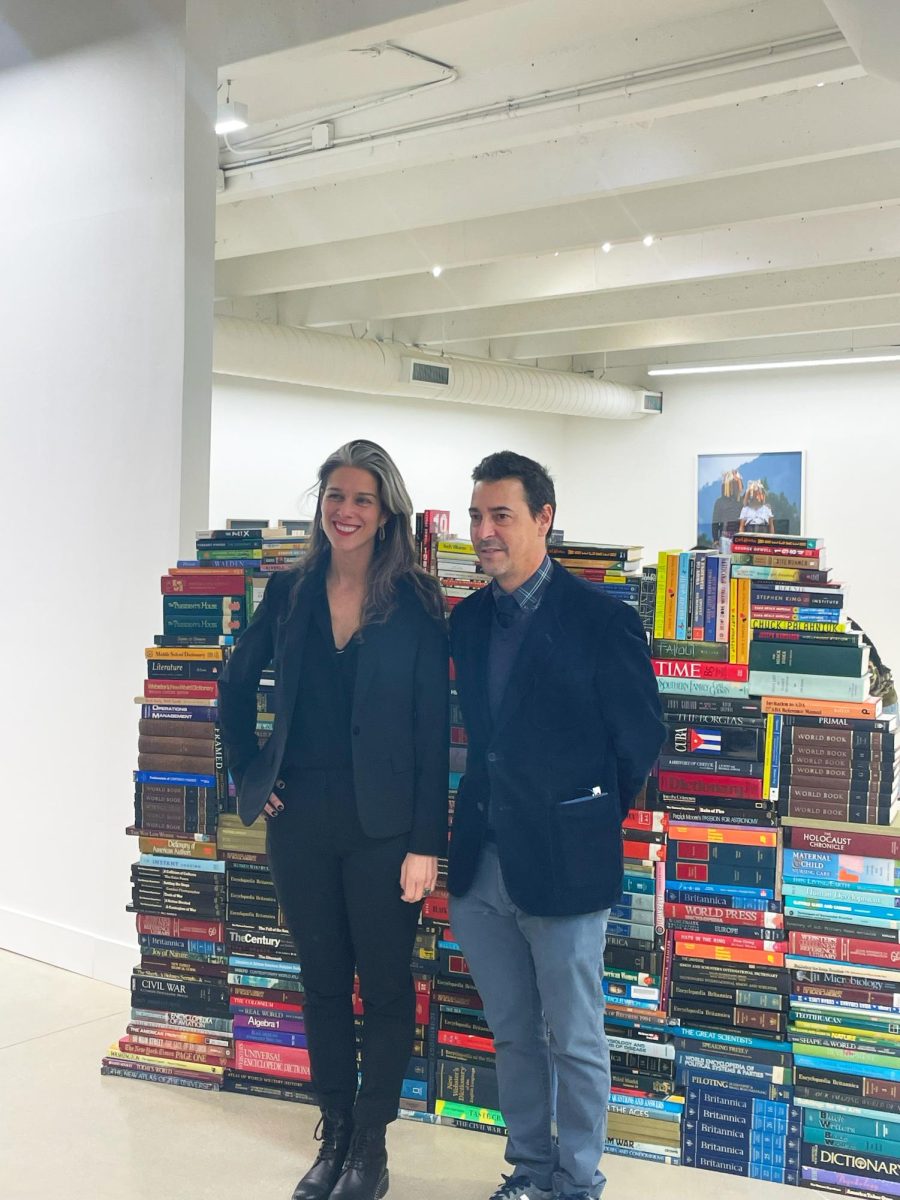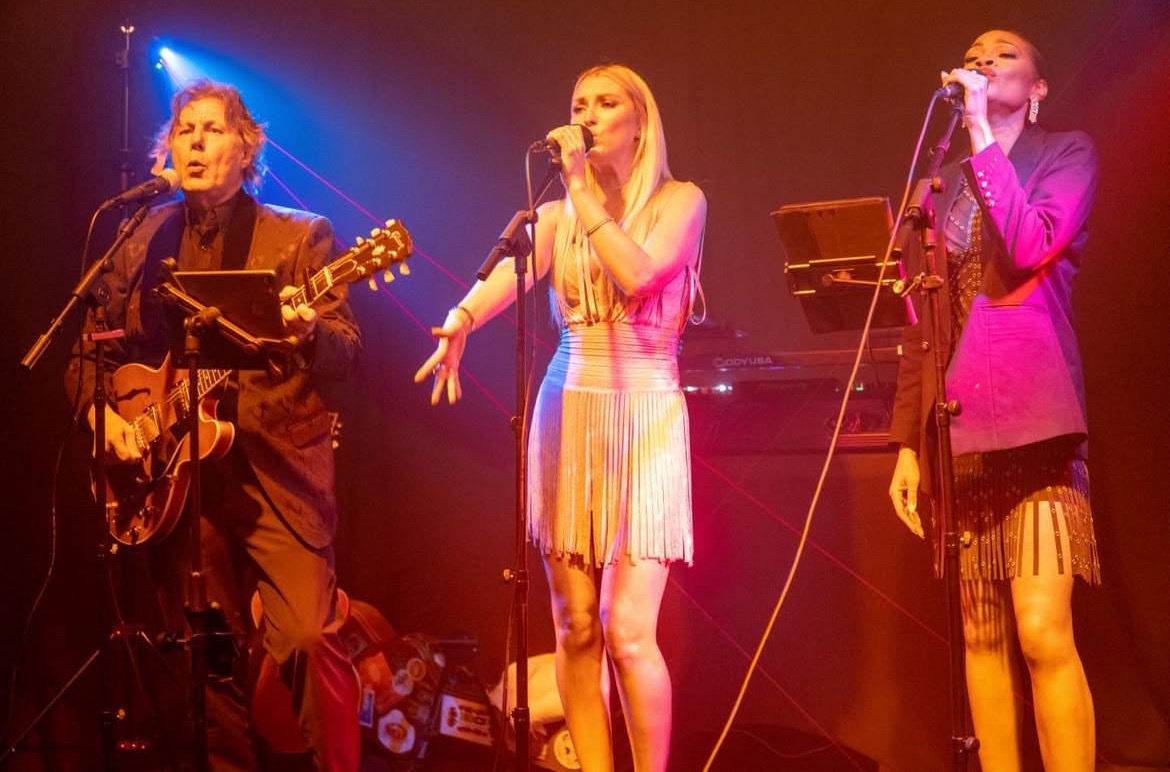Juniors vs. Jane: A Literary Judgement
RE Junior AP English Literature students voice their opinions on Brontë’s “Jane Eyre”.
“They all hate it,” said English teacher Dr. Julia Clarke. “I’m sorry, though, they’ll like it later. They need to just read it again. It’ll change.”
Dr. Clarke knew what she was getting into from the moment she introduced “Jane Eyre” to the AP English Literature Juniors. The novel, a 480-page bildungsroman published in 1850 by Charlotte Brontë, tells the tale of a young orphan named Jane Eyre who overcomes hardship and societal expectations to follow her own path toward independence.
It’s old. It’s long. “I didn’t think this was going to be a crowd pleaser. No high school student today is interested in 19th century literature like that,” Clarke added.
So far, her initial hypothesis has been proven correct. Jane Eyre was not well received.
“Honestly, I don’t really like it,” said Patrick Keedy-Brown ’26. “I’m not really sure what people find so appealing about it.”
“Every time I read her saying something, I would just be like, geez Jane, girl, enough,” said Lael Sanders ’26.
“Everything is so dragged on, and she goes back and forth and back and forth. It’s not necessarily something that you’re like, ‘Oh, I can’t put this book down,’” said Miranda Silva ’26.
But was Dr. Clarke right about the novel’s deeper value?
Dr. Clarke made the decision to teach “Jane Eyre” in the new AP course last summer, as the team of eleventh-grade English teachers met to discuss changes to the curriculum. Dr. Matt Margini, who leads the team, advocated for the novel’s importance. “We’re challenging you guys to relate to literature in a more adult way,” he said.
Dr. Clarke agreed, noting that it also has strategic value. “19th century literature is on every single AP exam. If you don’t read at least one, you’re really doing yourself a disservice. I think it’s one of those things that might feel like a slog, but it’s worth it. Like, you have to eat your veggies,” she said.
To its defenders, however, “Jane Eyre” isn’t just good because it helps you pass the AP exam. “Jane Eyre is not just a classic, it’s classic YA. It is a book about coming of age; and for this reason, I believe it fits perfectly into the category of a young adult novel,” said Lena Coakley, an author who writes YA fiction herself.
To Coakley, the novel explores themes that we are experiencing ourselves in today’s world, such as toxic love, exploring one’s identity, and establishing one’s own moral compass.
“That’s why it’s stood the test of time,” said Dr. Clarke.
Even so, despite the seemingly relatable themes, many students struggled to connect with Jane’s story.
“It’s just not really relevant in the current socio-political landscape of the world,” said Keedy-Brown. He argued that the themes themselves aren’t enough; it’s how they are portrayed that matters. “We could also read the Bible and learn the same things there. But we’re not doing that.”
Miranda Silva ’26 expanded on this feeling of disconnection to the novel. “I don’t think it’s effective enough. Not for people of my generation. It’s taunting to read something that’s so convoluted and so difficult.”
From Dr. Margini’s perspective, this disconnection is a familiar phenomenon, at least as old as “Jane Eyre” itself. “I think people have always struggled with historically distant literature. Not just today, not just 10 years ago, but even 100 years ago,” he said. “Dickens was the Netflix of the mid-nineteenth century; Victorians themselves didn’t want to read earlier stuff.”
Dr. Clarke argued, however, that this goes beyond that. She sees the issue as specific to this generation and our attention span. “If you’re able to just have a sustained focus, the novel is so much better. But teenagers today don’t have that. It’s very difficult.”
Despite their waxing and waning interest, students said they found value in the novel through further analysis and discussion in class. Silva was one of them. “If I had lived in a vacuum and read ‘Jane Eyre’ alone, it wouldn’t have been as valuable to me as it is now because I can talk about it with other people.”
Keedy-Brown agreed that the novel has undeniable value as an object of discussion, even if he didn’t enjoy it. “The proto- feminist social scene was very important, and without it, who knows where feminist literature and art would be?” he said.
Students also universally agreed that Dr. Clarke made reading it worthwhile.
“Dr. Clarke, I love your class,” said Lael Sanders ’26, “and I think you did everything you could to make that book good. And I think if I had read it in another class with another teacher, I wouldn’t have enjoyed it even the slightest amount. But I did with you.”







